The Importance of Deep Cleansing the Scalp | |
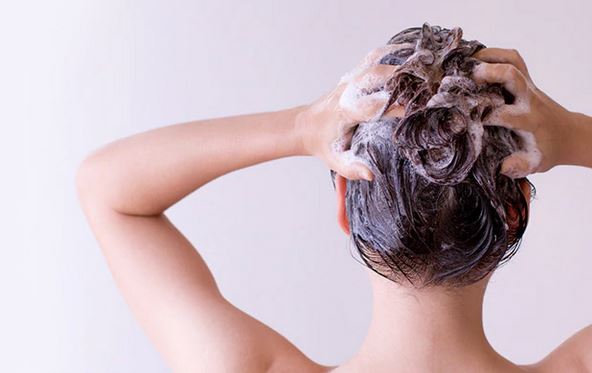
| |
When it comes to hair care, we often focus on the strands themselves, forgetting about the crucial foundation—the scalp. A healthy scalp is the key to healthy hair. Deep cleansing the scalp is an essential step in maintaining its overall health and promoting optimal hair growth. By removing excess oil, product buildup, and impurities, deep cleansing revitalizes the scalp, balances its natural ecosystem, and sets the stage for vibrant, lustrous hair. In this article, we will explore the importance of deep cleansing the scalp and provide valuable tips on how to incorporate this vital step into your hair care routine. Join us as we delve into the topic "The Importance of Deep Cleansing the Scalp" and discover the secrets to a healthy scalp and beautiful hair. Understanding the ScalpThe scalp is the skin on the head that supports the hair follicles. It plays a crucial role in hair health as it houses the hair follicles, which produce and nourish the hair. The scalp has sebaceous glands that produce sebum, a natural oil that helps moisturize and protect the hair and scalp. However, an excessive buildup of sebum, along with dirt, sweat, and styling product residue, can lead to an unhealthy scalp environment. Benefits of Deep Cleansing the ScalpDeep cleansing the scalp offers numerous benefits for both the scalp and the hair. Let's explore the importance of this practice: 1. Removes Product BuildupRegular use of styling products, dry shampoos, and even regular shampoos and conditioners can leave residue on the scalp. Over time, this buildup can clog the hair follicles, hinder hair growth, and lead to dull, lifeless hair. Deep cleansing the scalp helps remove these product residues, allowing the scalp to breathe and the hair to flourish. 2. Balances Scalp Oil ProductionAn overly oily scalp can lead to greasy, weighed-down hair, while a dry scalp can cause itchiness, flakiness, and dandruff. Deep cleansing the scalp helps restore the natural balance of sebum production. It clears excess oil from the scalp, preventing greasiness, while ensuring that the scalp is adequately moisturized to prevent dryness and irritation. 3. Promotes Hair GrowthA clean, healthy scalp provides an optimal environment for hair growth. By removing impurities and unclogging hair follicles, deep cleansing stimulates blood circulation in the scalp, promoting the delivery of essential nutrients to the hair follicles. This encourages healthy hair growth and minimizes hair loss. 4. Reduces Scalp IrritationAn unhealthy scalp can be prone to irritation, itching, inflammation, and conditions such as dandruff and scalp acne. Deep cleansing helps alleviate these issues by eliminating bacteria, dead skin cells, and other irritants that can cause scalp problems. It soothes and revitalizes the scalp, reducing discomfort and promoting a healthier scalp environment. 5. Enhances Hair Appearance and ManageabilityA clean scalp translates to vibrant, lustrous hair. Deep cleansing the scalp removes the buildup that weighs the hair down, allowing it to regain its natural bounce, shine, and manageability. Clean hair is easier to style, holds styles better, and looks healthier overall. Tips for Deep Cleansing the ScalpNow that we understand the importance of deep cleansing the scalp, let's explore some tips for incorporating this practice into your hair care routine: 1. Choose the Right Cleansing ProductsLook for shampoos specifically formulated for deep cleansing and scalp health. These shampoos often contain ingredients like salicylic acid, tea tree oil, or peppermint oil, known for their clarifying and soothing properties. Avoid shampoos with sulfates, as they can strip the scalp of its natural oils. 2. Massage the ScalpWhen shampooing, take the time to massage the scalp gently. Use your fingertips in circular motions to stimulate blood circulation and loosen any buildup. This massage not only enhances the deep cleansing process but also provides a relaxing and invigorating experience. 3. Rinse ThoroughlyAfter shampooing, ensure you rinse your hair and scalp thoroughly. Residual product can contribute to buildup and prevent the scalp from receiving the full benefits of deep cleansing. 4. Exfoliate RegularlyConsider incorporating a scalp exfoliator into your routine once or twice a month. These products contain granules or chemical exfoliants that help slough off dead skin cells and unclog hair follicles, promoting a healthier scalp. 5. Avoid OverwashingWhile deep cleansing is essential, it's crucial not to overwash your hair. Frequent washing can strip the scalp of its natural oils and disrupt the scalp's natural balance. Aim to wash your hair every 2-3 days or as needed, depending on your hair type and scalp condition. 6. Follow with ConditionerAfter deep cleansing the scalp, remember to condition your hairto restore moisture and nourishment. Focus the conditioner on the lengths and ends of the hair, avoiding the scalp to prevent weighing it down. FAQs (Frequently Asked Questions)
ConclusionDeep cleansing the scalp is a vital step in maintaining a healthy scalp and promoting optimal hair growth. By removing product buildup, balancing oil production, and promoting a clean and revitalized scalp, you set the stage for vibrant, lustrous hair. Incorporate the tips shared in this article, choose the right cleansing products, and make deep cleansing a regular part of your hair care routine. Embrace the importance of a healthy scalp, and enjoy the beauty and vitality it brings to your hair. | |
| Category: Hair Care | |
| Total comments: 0 | |
 |
| How to Protect Your Hair from Chlorine and Saltwater |
 |
| 5 Affordable Matte Lipsticks for a Perfect Pout |
 |
| The Best Oils for Nourishing and Moisturizing Your Hair |
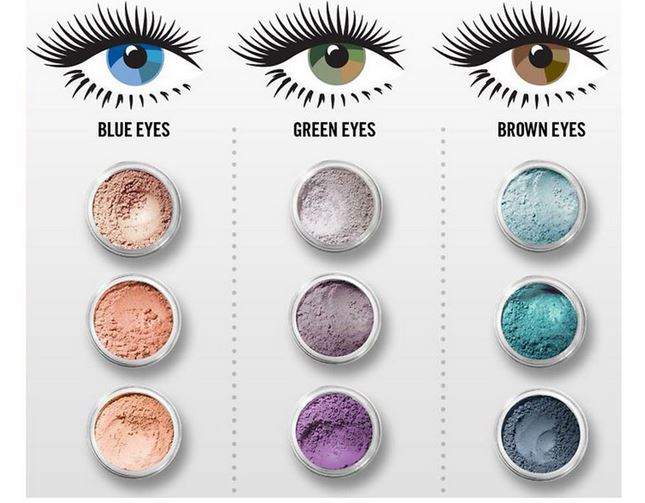 |
| How to Choose the Right Eyeshadow Colors for Your Skin Tone |
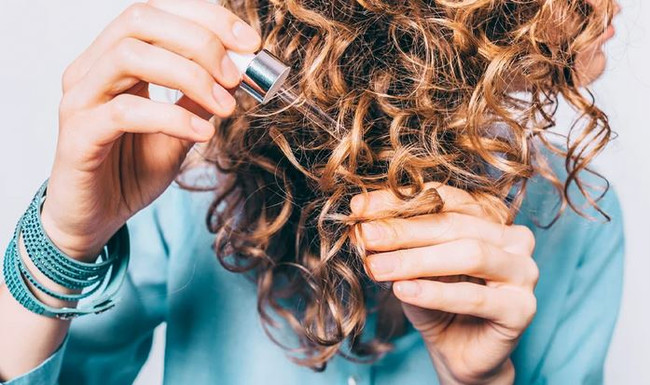 |
| Tips for Preventing and Managing Frizzy Hair |
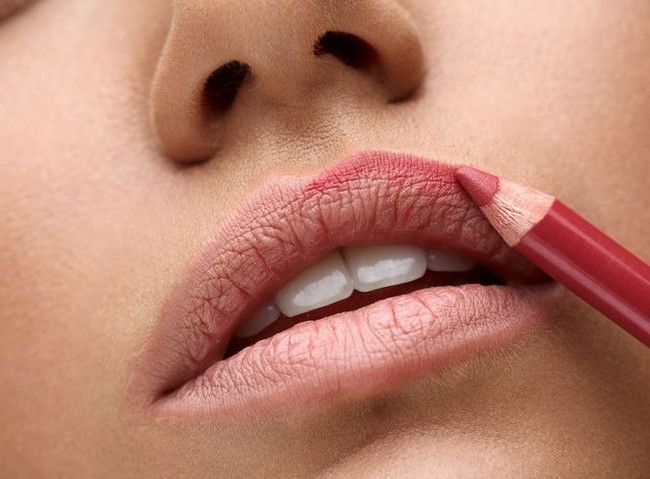 |
| The Ultimate Guide to Lip Liner Application |
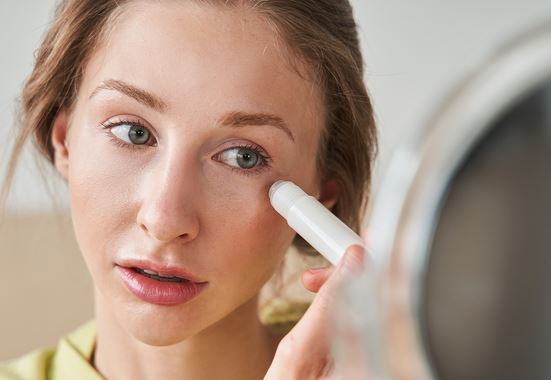 |
| Sun Protection in Makeup |
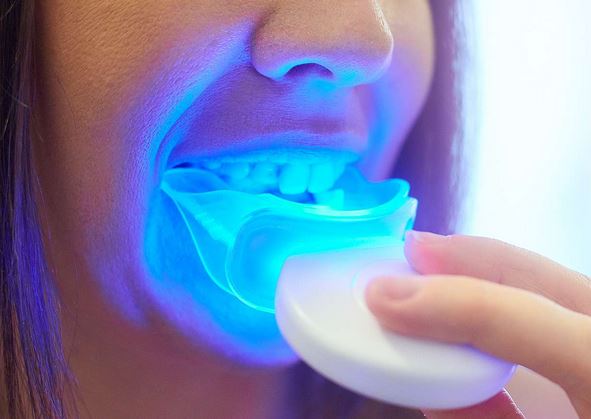 |
| How to choose Teeth Whitening Kits |
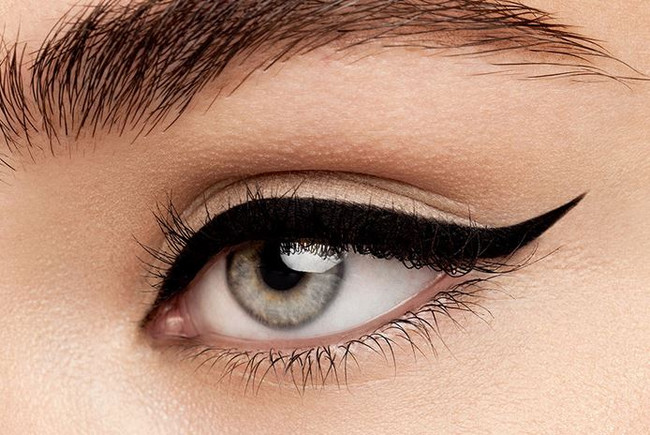 |
| Mastering the Winged Eyeliner: A Comprehensive Tutorial |
